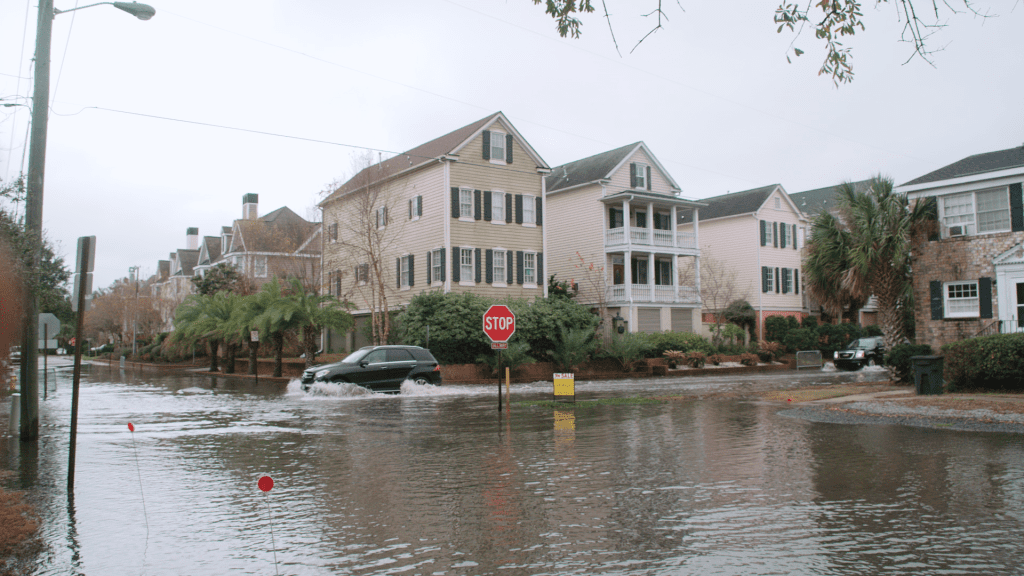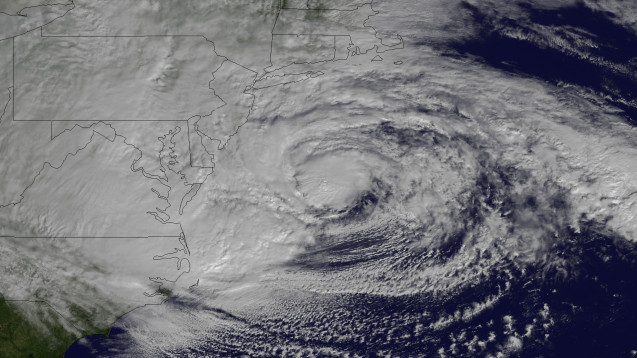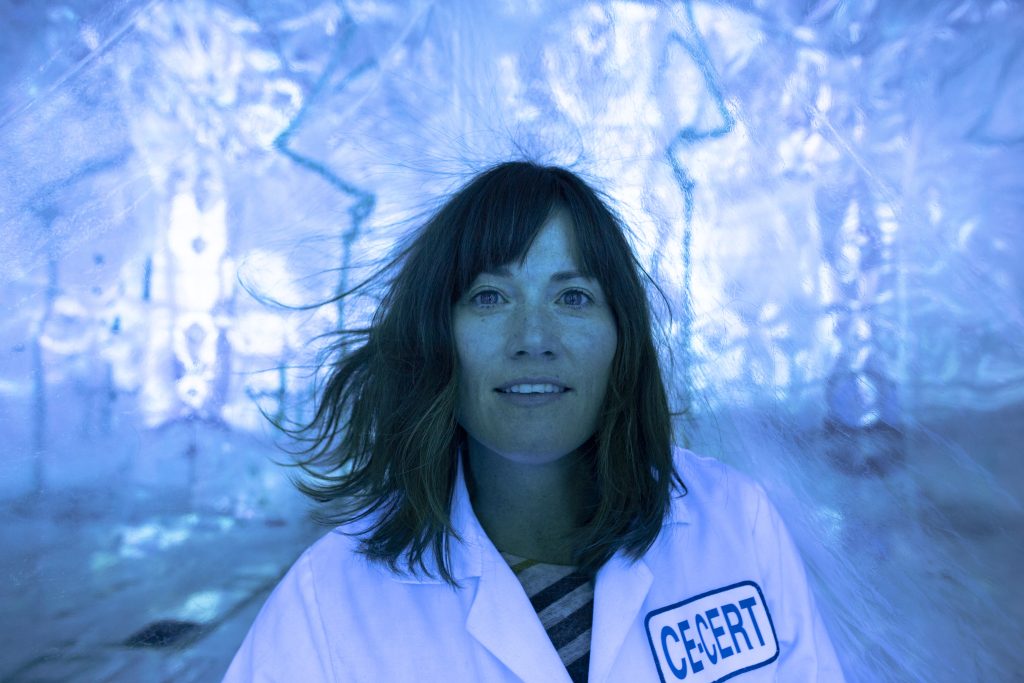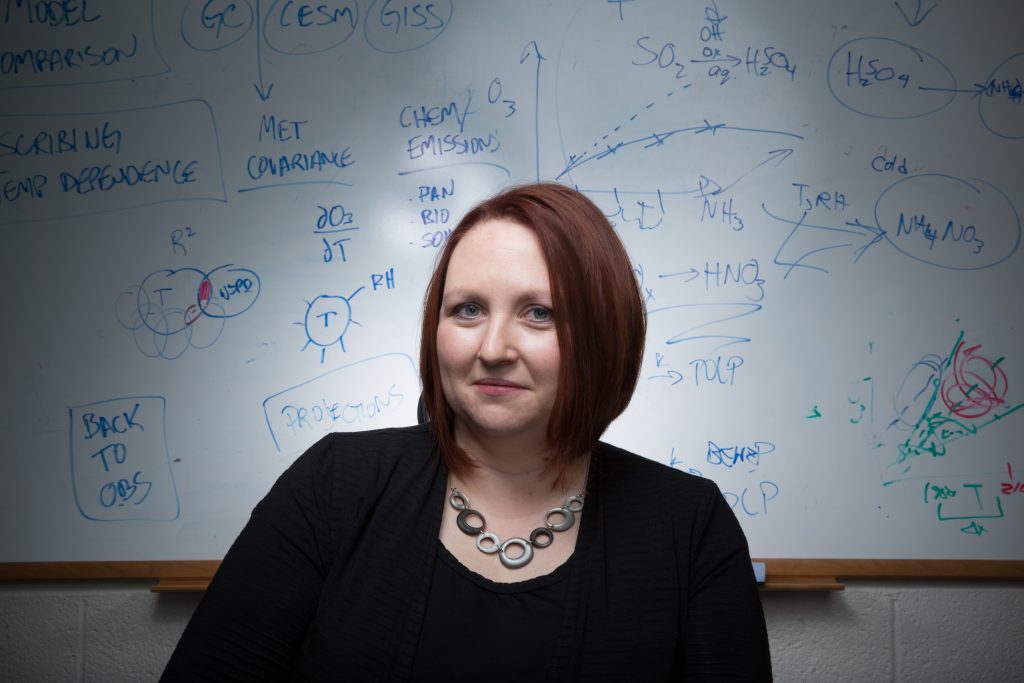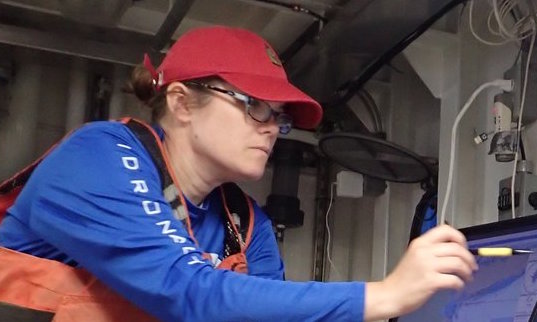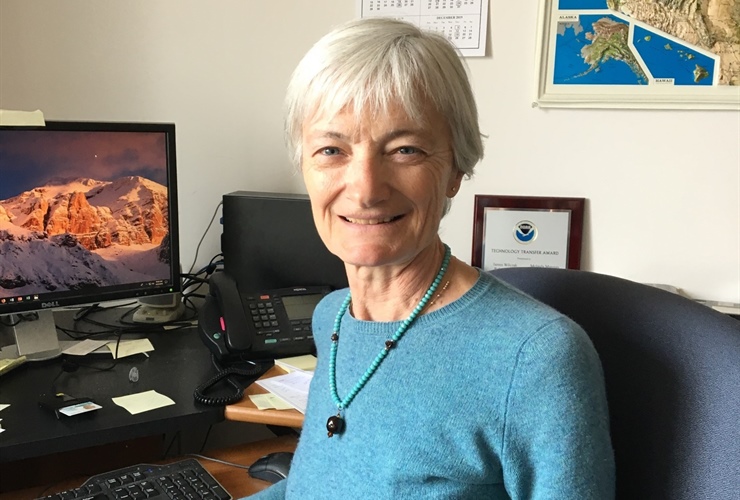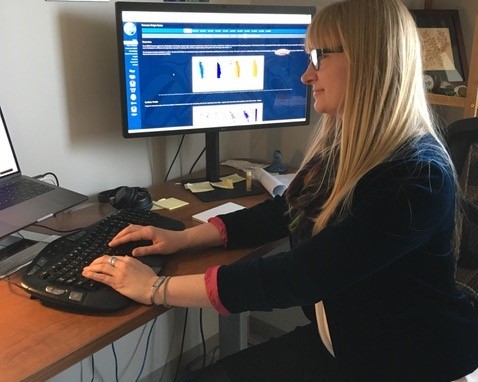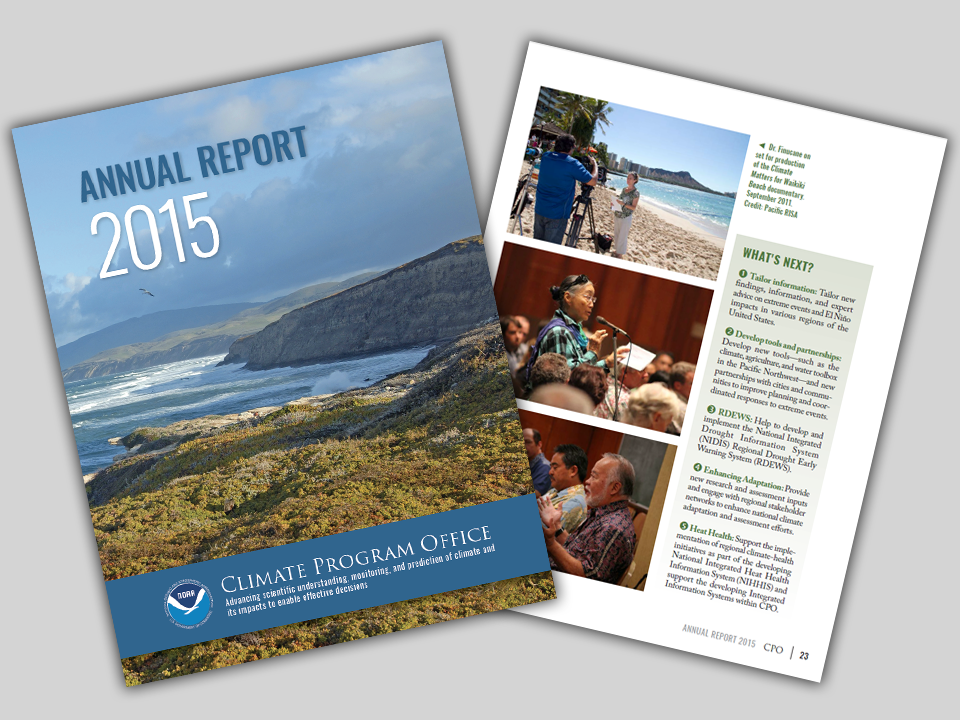Why seasonal prediction skill changes over time
The MAPP-funded study finds that ENSO, PDO, and other sources of abnormal sea surface temperatures serve as predictors for U.S. seasonal mean precipitation and that these sources change seasonally and decadally.
Why seasonal prediction skill changes over time Read More »



